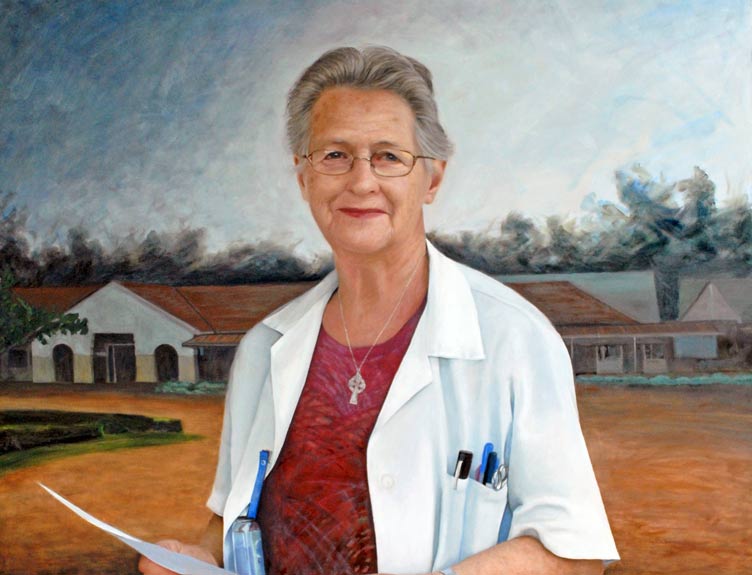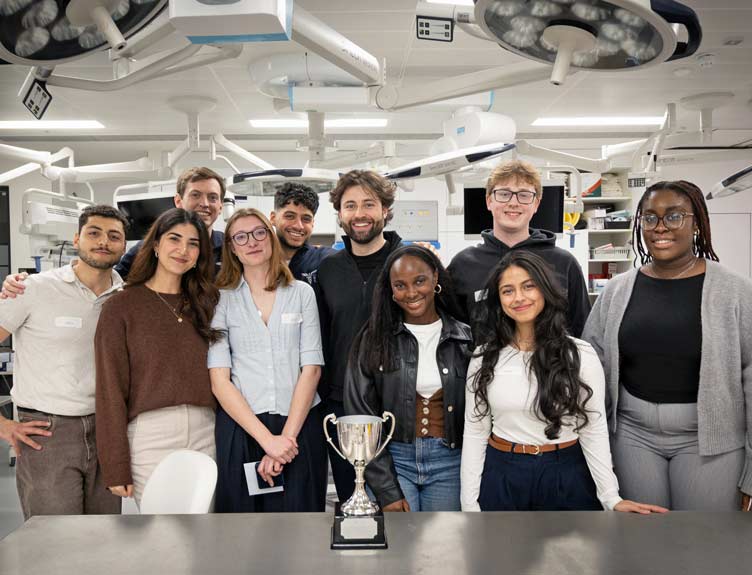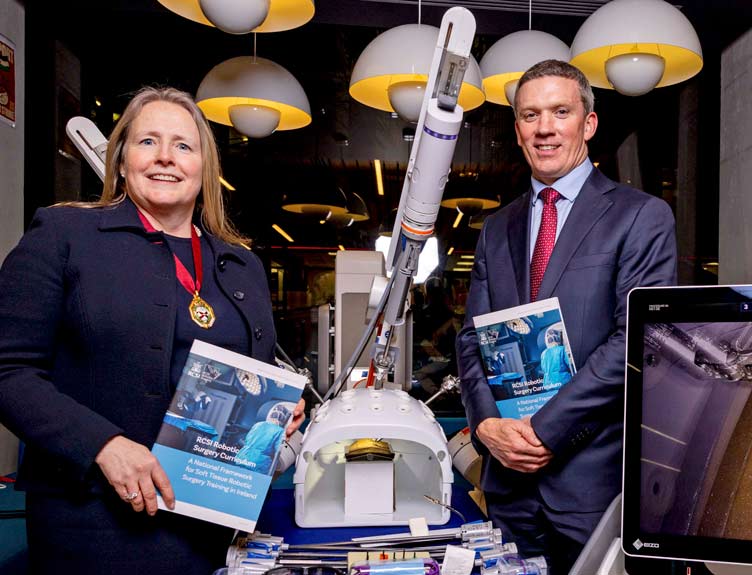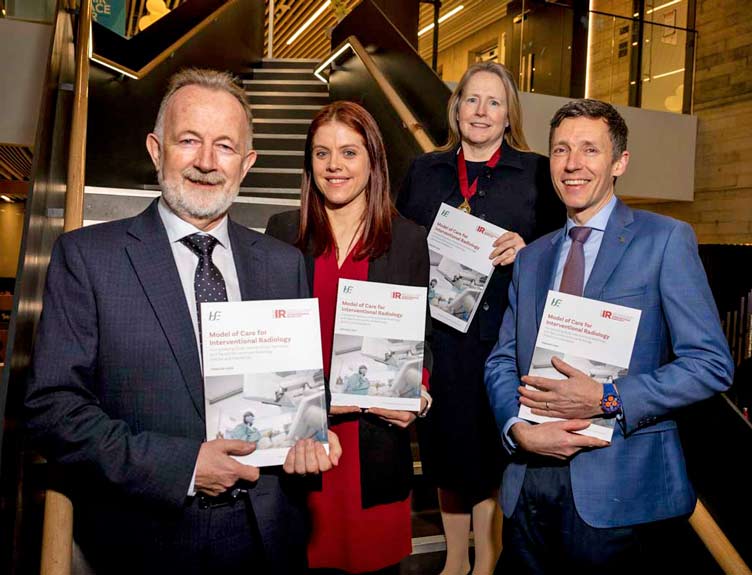Marking United Nations Day to End Obstetric Fistula

Saturday, 23 May marks the United Nations Day to End Obstetric Fistula, one of the most serious and tragic injuries that can occur during childbirth.
The fight to end obstetric fistula is a key part of improving maternal health in East Africa. An obstetric fistula can occur when a woman has a prolonged, obstructed labour. Pressure caused by the baby’s head in the birth canal leads to the formation of holes - known as ‘fistulae’ - between the woman’s vagina and her bladder or rectum. Without treatment, the woman will uncontrollably leak urine, stool, or sometimes both, for the rest of her life. It is estimated that 50,000 to 100,000 women suffer this injury in sub-Saharan Africa, Asia, the Arab region, Latin America and the Caribbean each year.
Dr Lucien Wasingya Kaserka, a fistula surgeon based in Uganda, trained under RCSI Fellow Sr Dr Maura Lynch, a pioneer in providing obstetric fistula surgery and a founding member of the Association of Surgeons in Uganda. Following in the footsteps of Dr Lynch, Dr Wasinga Kaserka is providing life-changing obstetric fistula surgery to hundreds of women in Uganda each year.
To mark United Nations Day to End Obstetric Fistula, Dr Wasingya Kaserka tells us more about the injury and shares some insight into his experience working as Head of the Surgery Department and Deputy Medical Director at Kitovu Hospital, a centre specialising in the providing obstetric fistula treatment free of charge to all women who need it.
“Some obstetric fistula patients can be easily treated with non-surgical intervention, but the most common treatment is surgery,” explains Dr Wasingya Kaserka. “However, women with obstetric fistula are often from low-income families with no financial support and suffer from severe stigmatisation within their communities. Many in sub-Saharan Africa consider obstetric fistula to be a divine punishment. Women are therefore stigmatised. They are rejected by their family, divorced by their husbands, and abandoned within their community in the belief they must pay for their ‘sins’.”
Dr Wasingya Kaserka adds: “At the Kitovu Health Care Complex in Masaka town, Uganda, we work to help spread awareness of the condition and help women regain back their health and dignity. The Kitovu Health Care Complex has been working in the region for more than 20 years, offering free obstetric fistula care to women who need it. We typically carry out 300 fistula repairs each year and have performed more than 7,000 operations for free since 2000.
“Women who have undergone obstetric fistula care have been ambassadors of the service we provide, helping to raise awareness and increase knowledge on obstetric fistula in the community. To spread the word even further, we carry out fistula camps each year. Through these camps, we can carry out around 30 to 60 obstetric fistula treatments for free, while allowing a greater number of women to access the service. Through media engagement on radio, TV, as well as through church announcements and ambassadors, we can inform a wide number of people of any upcoming fistula camps.”
The number of obstetric fistula cases in Uganda is rising each year, leading to an urgent demand for more trained fistula surgeons. However, Uganda is facing a shortage of trained fistula surgeons. A recent joint report from the Ministry of Health in Uganda and a Fistula working group found that of the 21 trained fistula surgeons, only 11 were practising in the region.
The fight to end obstetric fistula is under serious threat due to the current pandemic of COVID-19. It is, therefore, more important than ever to raise awareness among the international community of the significance of the International Day to End Obstetric Fistula.
Sr Dr Maura Lynch was a surgeon who revolutionised obstetric fistula care in Uganda. Born in Youghal, Co. Cork, Lynch joined the Medical Missionaries of Mary aged 17 before studying medicine at UCD. She earned a diploma in obstetrics and gynaecology at the Royal College of Obstetricians and Gynaecologists, then studied tropical medicine and Portuguese in Lisbon so that her order could send her to Angola.
After nearly 20 years of clinical work in Angola, Lynch saw that the need for a specialist surgeon in the country was not being met. At the age of 47, Lynch undertook further study in Ireland and obtained the Fellowship of RCSI in 1985. After another two years in Angola, Lynch was reassigned to Uganda, where she would remain for the next 30 years. Lynch is credited with more than 1,000 repairs of vesicovaginal fistula, all the while raising funds and awareness of this disease of poverty.
Sr Dr Lynch’s achievements were honoured in 2019 when her portrait was unveiled as part of RCSI’s landmark Women on Walls portrait collection. Find out more about the United Nations Day to End Obstetric here.
Building on extensive experience in surgical training, education and research partnerships in Africa, the RCSI Institute of Global Surgery works with Irish Aid, the EU and local partners to develop sustainable surgical care systems in low and middle-income countries.



